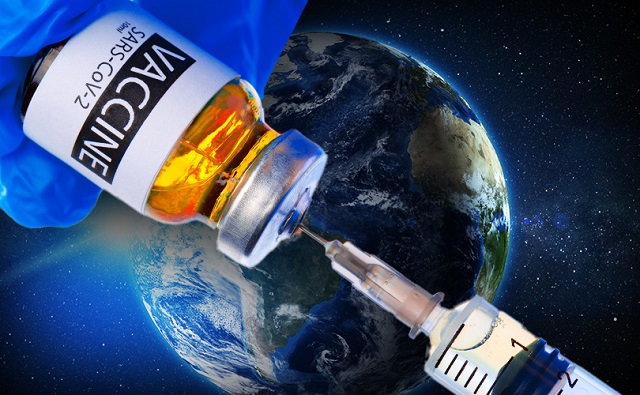Crime
Stunning video testimony alleging “systematic corruption” in the awarding of federal government contracts
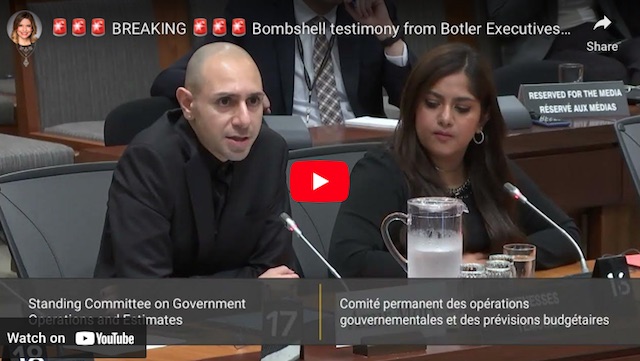
Taxpayers can thank the founders of a small software company from Montreal for throwing some light on what is becoming a massive scandal. Ritika Dutt and Amir Morv were brought in to work with GCStrategies on the ArriveCan app. Through their interactions with their contractors and the federal government, Dutt and Morv came to the conclusion that taxpayers were spending millions of dollars for virtually no work whatsoever.
Dutt and Morv submitted two reports to the Canada Border Services Agency (CBSA) to inform the government about the situation. They feel like those reports were simply ignored or even intentionally buried.
Last week Dutt and Morv appeared before a House of Commons committee on government operations. Their testimony is absolutely shocking.
Testimony from Botler AI Executives Ritika Dutt and Amir Morv.
The link below takes you to the CPAC presentation of the entire committee hearing. It’s very much worth a look.
https://www.cpac.ca/episode?id=b41765f2-02bd-41da-9597-1821ff79ac6a
Crime
DEA doubtful of cartel order to stop fentanyl production
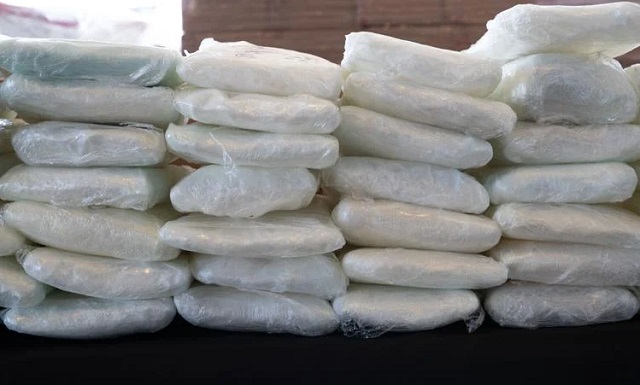
From The Center Square
DEA officials remain skeptical of reports that Mexican cartel leaders have ordered their producers to stop making fentanyl.
In early 2023, the leaders of the Sinaloa and Jalisco cartels reportedly ordered subordinates to stop the production of fentanyl. In October 2023, Los Chapitos, the group led by the four sons of imprisoned boss Joaquín “El Chapo” Guzmán, hung banners in prominent locations in Sinaloa, Sonora, and Baja California ordering the fentanyl ban.
DEA officials made it clear in the latest National Drug Threat Assessment that they are doubtful.
“The ban is probably a public relations stunt, however, or an attempt by the cartels to consolidate production among a smaller number of trusted manufacturers and punish others,” according to the report.
Furthermore, DEA officials have seen no indication of a reduction in the illicit fentanyl supply.
“Throughout 2023, fentanyl was seized at the border in equal or higher quantities as in previous years, and no DEA field office reported that fentanyl is less available or more expensive, either of which would point to a decrease in the supply,” according to the report.
Illicit fentanyl killed nearly 38,000 Americans in the first six months of 2023, according to the DEA report. Synthetic opioids were involved in 74,225 deaths in 2022 – 68% of the total 111,036 deaths that year, according to the Centers for Disease Control and Prevention.
DEA officials said the cartels use precursor chemicals from China along with pill presses to press fentanyl into pills that resemble prescription medication. Cartels and street dealers also mix illicit fentanyl with other drugs including heroin and cocaine, increasing the risk of overdose or death.
The report also noted that the purity level of illicit fentanyl in the U.S. drug market has increased and the amount of fentanyl found in counterfeit prescription pills has increased, making the nation’s top drug threat even more dangerous.
Seizures of fentanyl are at record levels, according to the report. Over the past two years seizures of fentanyl powder nearly doubled. DEA seized 29,048 pounds of fentanyl in 2023. And the more than 79 million fentanyl pills seized by DEA in 2023 was almost triple what was seized in 2021.
Brett Rowland
Investigative Reporter
Addictions
British Columbia to re-criminalize hard drug use in public after massive policy failure
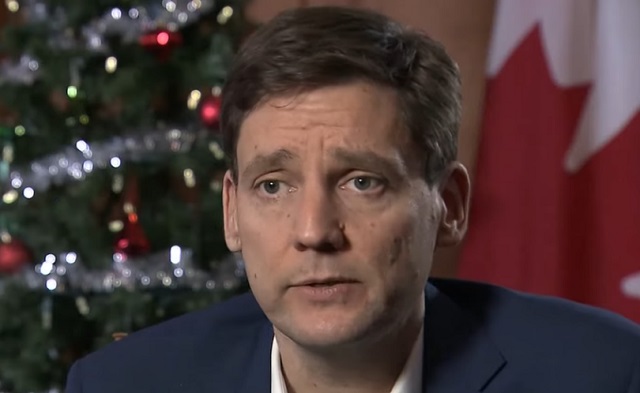
From LifeSiteNews
British Columbia premier David Eby announced that his province plans to re-criminalize hard drug use in public spaces after its decriminalization last year led to widespread social disorder.
British Columbia is asking the Trudeau government to roll back its drug decriminalization program after increased violence and continued overdoses.
On April 26, New Democratic Party (NDP) premier of British Columbia David Eby announced that he is working with Prime Minster Justin Trudeau’s federal government to re-criminalize drug use in public spaces, including inside hospitals, on transit, and in parks. British Columbia, under permission from the Trudeau government, had decriminalized such behavior in 2023.
“Keeping people safe is our highest priority,” Eby explained in a press release. “While we are caring and compassionate for those struggling with addiction, we do not accept street disorder that makes communities feel unsafe.”
“We’re taking action to make sure police have the tools they need to ensure safe and comfortable communities for everyone as we expand treatment options so people can stay alive and get better,” he continued.
Under the new regulations, police would be given the power to prevent drug use in all public places, including hospitals, restaurants, transit, parks and beaches.
However, drug use would remain legal at “a private residence or place where someone is legally sheltering, or at overdose prevention sites and drug checking locations.”
Eby’s concerns over drug use were echoed by Minister of Public Safety and Solicitor General Mike Farnworth who said, “Our communities are facing big challenges. People are dying from deadly street drugs, and we see the issues with public use and disorder on our streets.”
“As we continue to go after the gangs and organized criminals who are making and trafficking toxic drugs, we’re taking action now to make it illegal to use drugs in public spaces, and to expand access to treatment to help people who need it most,” he promised.
Beginning in early 2023, Trudeau’s federal policy, in effect, decriminalized hard drugs on a trial-run basis in British Columbia.
Under the policy, the federal government began allowing people within the province to possess up to 2.5 grams of hard drugs without criminal penalty, but selling drugs remained a crime.
While British Columbia has not yet indicated it plans to re-criminalize possession, its decision to clamp down on public drug use presents a major departure from its previous tactics of continually liberalizing its attitude toward narcotic use.
Since being implemented, the province’s drug policy has been widely criticized, especially after it was found that the province broke three different drug-related overdose records in the first month the new law was in effect.
The effects of decriminalizing hard drugs in various parts of Canada has been exposed in Aaron Gunn’s recent documentary, Canada is Dying, and in U.K. Telegraph journalist Steven Edginton’s mini-documentary, Canada’s Woke Nightmare: A Warning to the West.
Gunn says he documents the “general societal chaos and explosion of drug use in every major Canadian city.”
“Overdose deaths are up 1,000 percent in the last 10 years,” he said in his film, adding that “[e]very day in Vancouver four people are randomly attacked.”
-

 Agriculture24 hours ago
Agriculture24 hours agoFarming group accuses Canadian gov’t of trying to blame agriculture for ‘climate change’
-
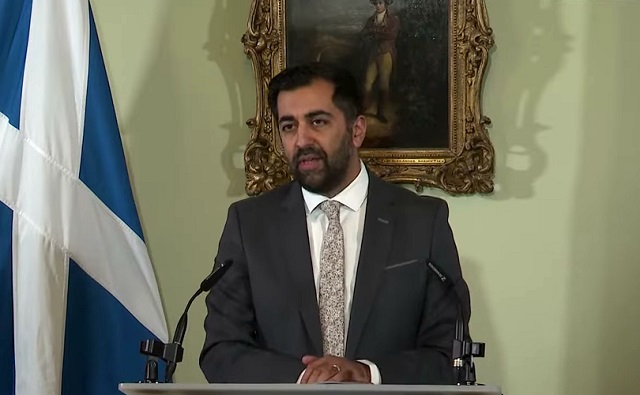
 Opinion2 days ago
Opinion2 days agoDoes Scottish gov’t turmoil signal the end of the ‘green’ agenda’s stranglehold on Europe?
-

 Energy2 days ago
Energy2 days agoFresh Off Their Major Victory On Gas Export Terminals, Enviros Set Sights On New Target: Oil Exports
-

 Business2 days ago
Business2 days agoProposed changes to Canada’s Competition Act could kneecap our already faltering economy
-
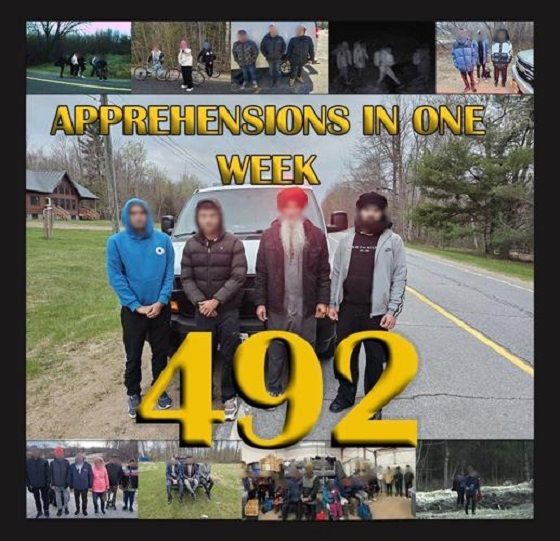
 illegal immigration17 hours ago
illegal immigration17 hours agoNorthern border apprehensions highest in US history first 6 months of fiscal ’24
-
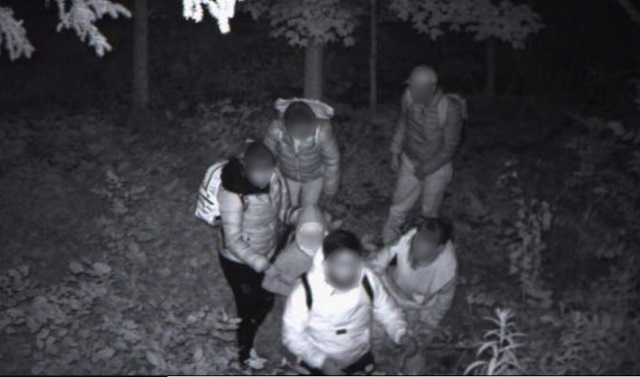
 illegal immigration18 hours ago
illegal immigration18 hours agoTerrorist watch list apprehensions at northern border continue to break records
-

 COVID-194 hours ago
COVID-194 hours agoKenyan doctor: WHO pandemic treaty aims to ‘maim and kill’ and ‘establish a one-world government’
-
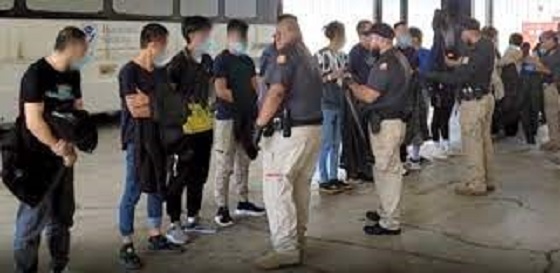
 espionage13 hours ago
espionage13 hours agoEXCLUSIVE: House Committee To Investigate Spike In Chinese Illegal Immigration Following DCNF Report





